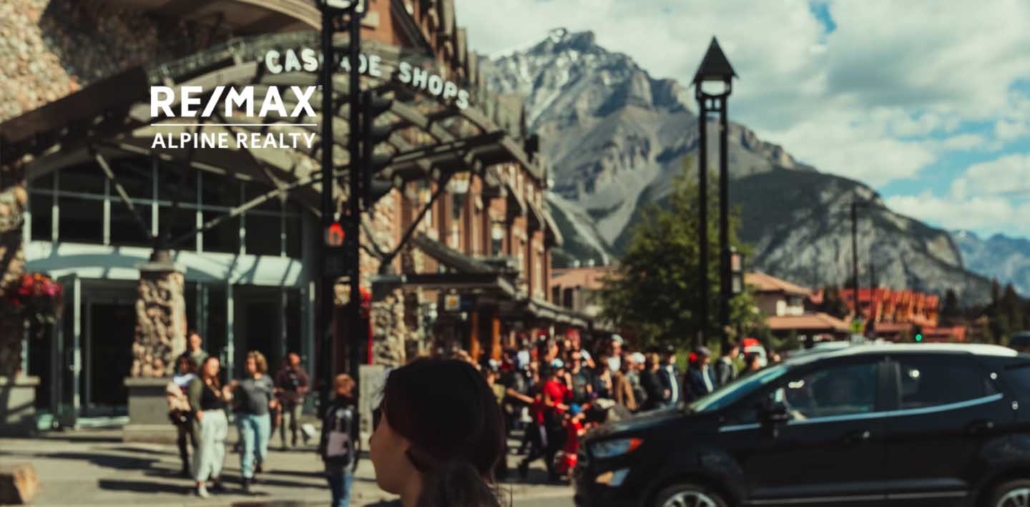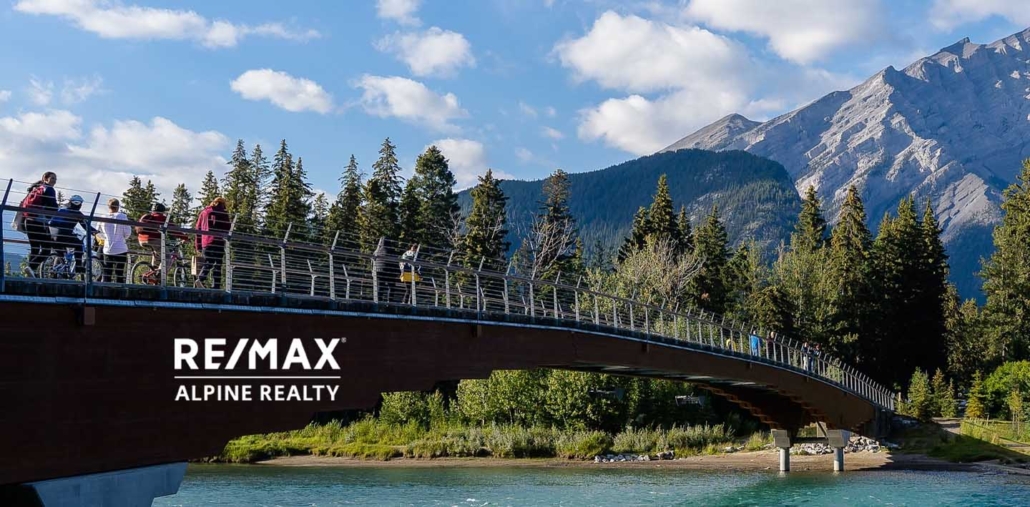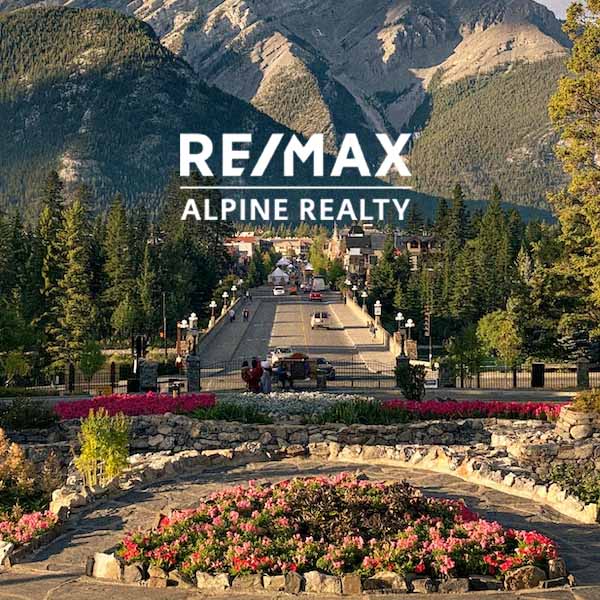Becoming a permanent resident of Banff is no easy feat. To live in the area, you must meet the various eligibility requirements the government has implemented. For aspiring residents of Banff houses for sale, this means you must either:
- have primary employment in the park;
- operate a business necessary for day-to-day operations;
- live in the park for five consecutive years before retirement;
- be a full-time student attending a school in the park;
- or be the spouse, common-law partner, or dependent of an employee of the park.
Anyone who meets one or more of these requirements can buy property and live in Banff. These requirements are intended to protect the park from development and careless residents. However, recently, the Town of Banff has proposed changes to the land use bylaw that would allow greater housing density over time. This has sparked a heated debate amongst residents. Follow along as we unpack the housing density debate and what it could mean for the future of Banff real estate.
Housing Density in Banff to Rise After Town Council Proposal
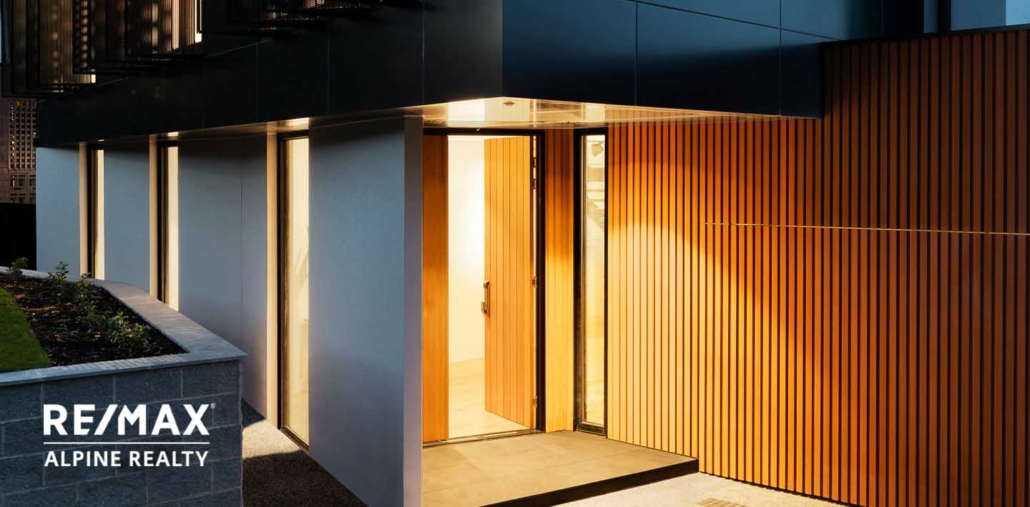
Residents and council members of Banff have reached a crossroads when it comes to increasing housing density in the famed national park. On one side of the debate, community members argue that more housing is needed to boost the current rental vacancy rate. Sitting just below one percent, renters find it nearly impossible to find a property to call home. However, on the flip side, other residents are concerned that higher-density housing would pose a risk to the national park. The fear is that increased numbers of homes would result in a loss of character, livability and green space in Banff residential neighbourhoods.
The Town of Banff proposes changes to the land use bylaw which would allow more housing density over time. This would be made possible by forgoing residential parking requirements and increasing the allowable size of buildings in neighbourhoods. The proposed changes would affect low, medium and high-density residential areas. Dave Michaels, manager of development services in Banff, noted that land use bylaws needed to be changed to encourage the private sector to develop. This is a trend that has been seen amongst a variety of Canadian towns lately as many areas struggle to keep up with the demand for residential real estate.
The municipality has received $4.66 million from the federal government as part of the Housing Accelerator Fund. The town council hopes these changes will create at least 240 new housing units by 2027. This will include the construction of 43 affordable housing units. Buildings under the new legislation will be permitted to be up to 14.5 meters tall in high-density areas, with a reduction in setbacks and an increase in total floor area.
During the first public consultation, most residents were in favour of zoning changes.
What Does This Mean for Banff Houses for Sale?
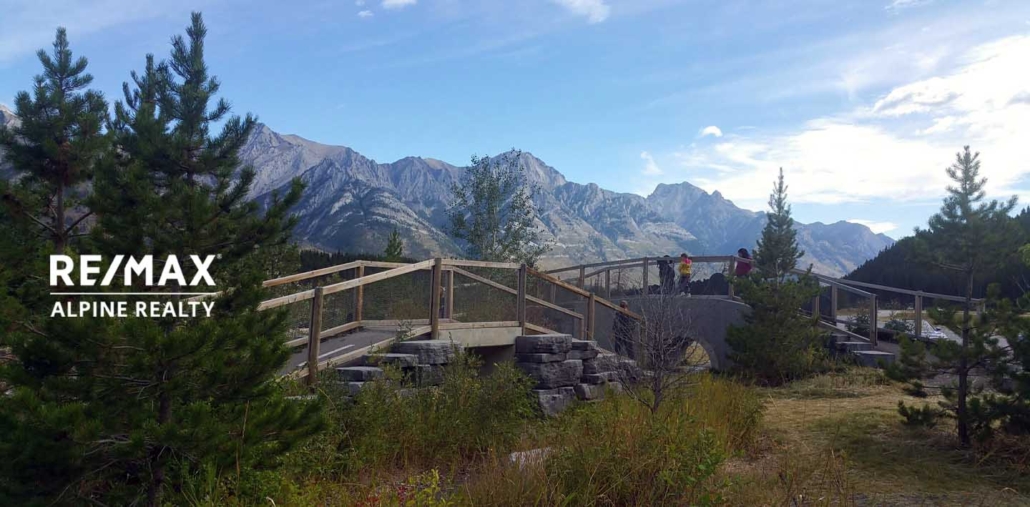
The proposed zoning changes in Banff could have far-reaching effects on the local real estate market. By increasing housing density and allowing for larger buildings with reduced parking requirements, the town is positioning itself to accommodate a growing population. This influx of new housing units will likely attract a broader range of buyers and investors. For individuals who meet Banff’s stringent residency requirements, the increase in available housing could make it easier to find a suitable home, potentially easing the current housing crisis.
However, these changes might also lead to a more competitive real estate market. As more people become eligible to buy property, demand could drive up property values. This could make it even more challenging for buyers and renters to enter the market. Investors might see this as an opportunity to jump on rising property values, further intensifying competition.
On the other hand, greater housing density and the potential reduction of green spaces could impact the park’s allure. Residents who cherish the town’s natural beauty and open spaces might find the changes unappealing. The shift in the town’s character, from a serene national park setting to a more densely populated area, might deter some potential buyers or tourists who prioritize these qualities.
Moreover, the development of larger buildings and the reduction in parking requirements could lead to logistical challenges. For example, increased traffic and pressure on existing infrastructure. This could affect the quality of life for current residents and might require additional investments in public services and amenities to keep pace with the growing population.
Contact us Today!
If you are interested in learning more about zoning changes to Banff houses for sale, get in touch today!
Banff is a one-of-a-kind town to live and work in. Contact us today to learn more about all of the amazing opportunities that come with living in Banff. For more information, feel free to message us with any questions or concerns you have about this area. Be sure to check back next month for more real estate-related content! We look forward to working with you in the near future!

